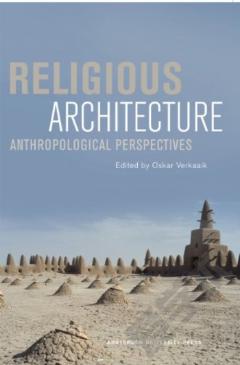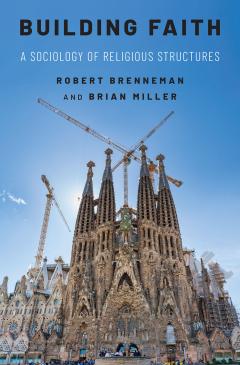Religious architecture —— anthropological perspectives
----- 宗教建筑:人类学的视角
This essential study develops new anthropological perspectives on religious architecture, including mosques, churches, temples and synagogues. Borrowing from a range of theoretical perspectives on space-making and material religion, the authors consider how religious buildings take their place in opposition to the secular surroundings and the neoliberal city; how they, as evocations of the sublime, help believers move beyond the boundaries of modern subjectivity; and how international heritage status may conflict with their function as community centres. The volume includes contributions from a wide range of disciplines and regions, anthropologists, social historians, and architects working in Brazil, India, Italy, Mali, the Netherlands, Russia, Spain, and the UK.
{{comment.content}}








 京公网安备 11010802027623号
京公网安备 11010802027623号